WHAT WE DO
h
Desta Mender
Unfortunately some Fistulas are not possible to repair (10%). The longer a fistula has gone untreated the more scarring and thus complicated the healing process becomes; in certain cases a recovery cannot be made. In these cases, the women are given the opportunity to move to Desta Mender (“village of joy”) run by the Catherine Hamlin foundation.
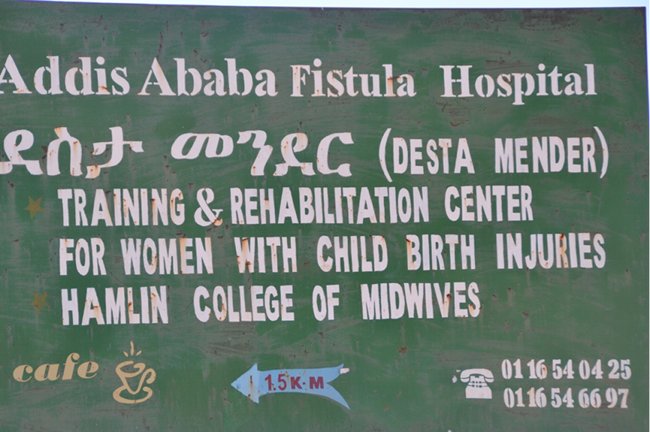
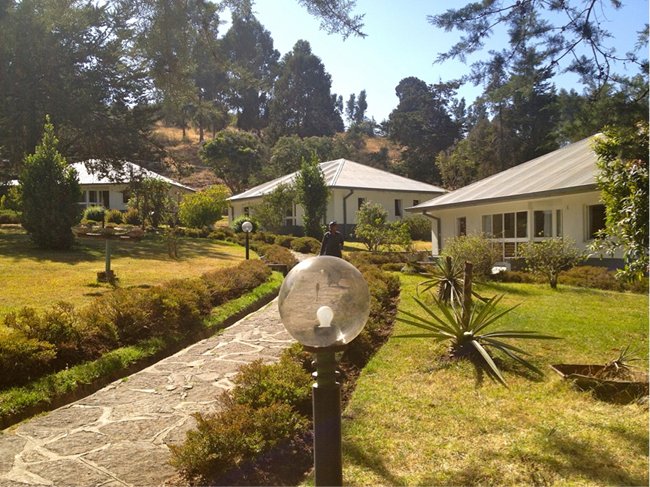
Desta Mender is a beautiful site just outside Addis Ababa dedicated to the rehabilitation, training, and reintegration of fistula sufferers. Fistula sufferers may endure ongoing problems of incontinence or may have a “Stoma” bag attached to collect urine/or faeces as a result of their non-functioning bladder/rectum systems. These women need training in literacy, basic health management, and general skills development to enable them to build confidence towards independent living for the future.
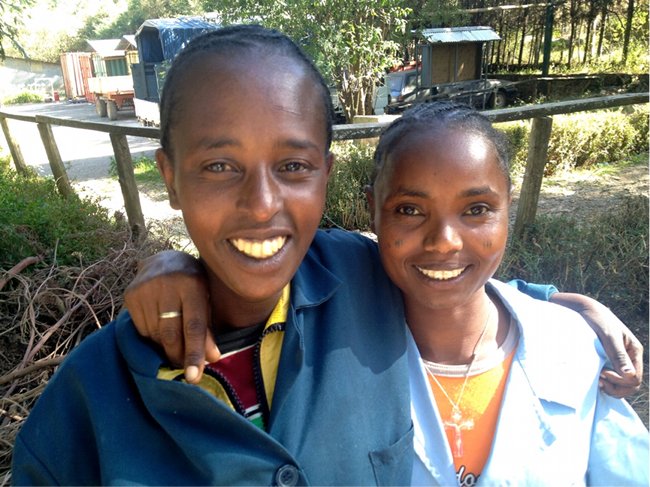
Bright smiles from women living at Desta Mender
At present Desta Mender is home to 35-50 women who are engaged in a range of training and income generation activities. The Ethiopia Fund has so far supported them with upgraded facilities associated with their chicken/egg production as well as buying new cows and improving the systems for managing insemination and breeding by training the women to improve their animal management.
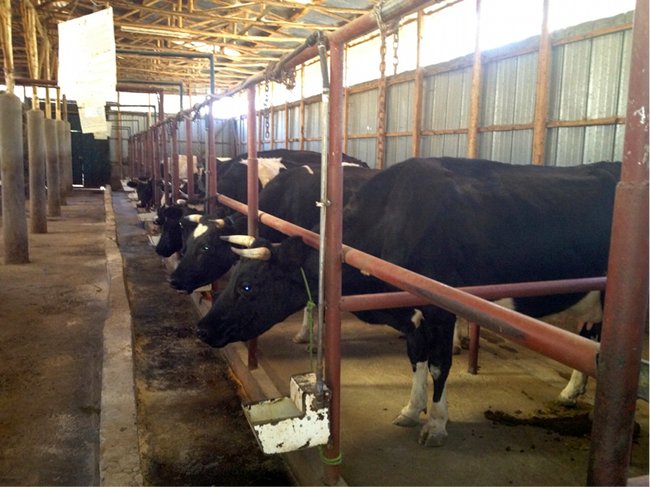
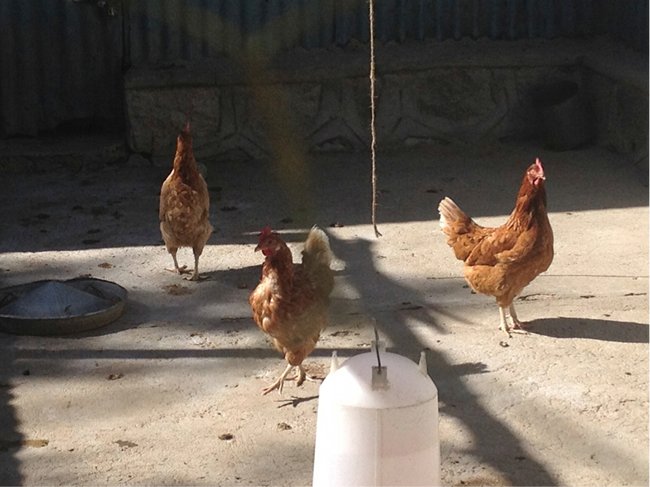
Animals at Desta Mender
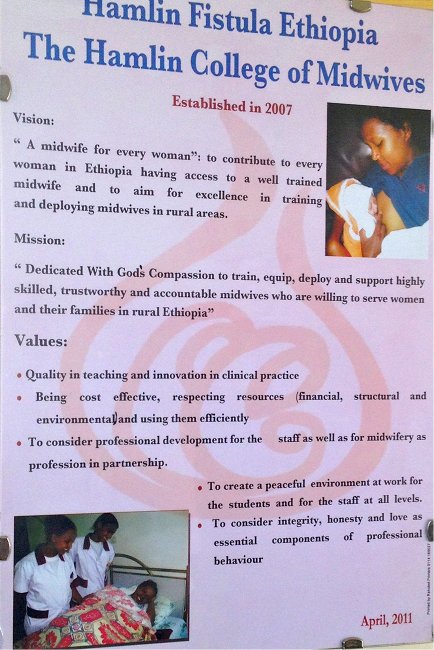
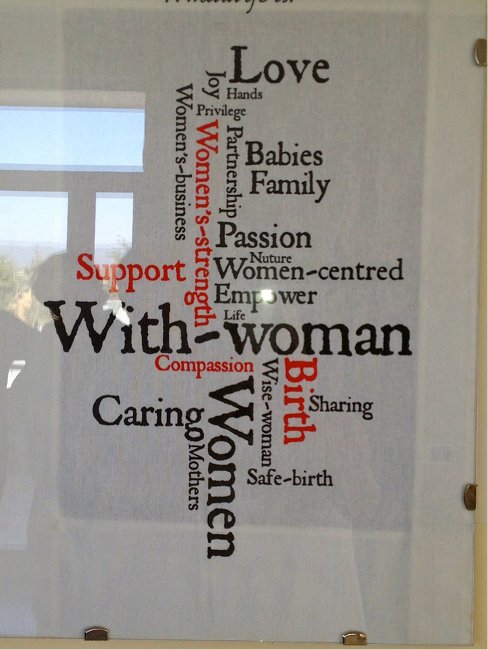
The higher the level of education of the midwives in Ethiopia the better their skills become and the more maternal/neonatal death can be prevented.
100% of all collections will be handed over directly to NLM (The Norwegian Lutheran Mission) in Addis Ababa and from there paid to the hospital in Arba Minch after receipt received on work performed. All expences are therefore taken care of by the board. NLM managed this hospital lead by Dr Bernt Lindtjørn until the summer of 2011 but it is now run by the Ethiopians themselves.
For details on how to donate to the project, please see the DONATE page (link at the top)

